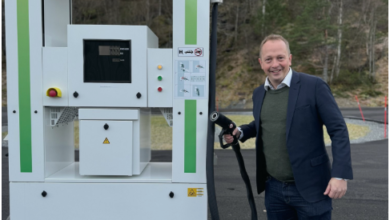Only electric and hydrogen vehicles registrations in Seoul by 2030: Proposal

South Korea’s ruling Democratic Party Rep. Woo Sang-ho, who is running for the by-election of the mayor of Seoul, said that Seoul would only allow registration of electric and hydrogen vehicles from 2030 onwards; ban new registration of gasoline vehicles. He proposed to convert all public sector vehicles to eco-friendly vehicles by 2030 and increase the installation of fuelling stations for EVs and hydrogen vehicles.
In 2020, there were 1,410 EV charging stations and four hydrogen fuelling station in Seoul. There will be more installations, and by 2030 the city would have 4,000 EV charging stations and 30 hydrogen fueling stations. He said that in 2020, out of the total 3.15 million vehicle registrations in Seoul, 23,393 were EVs and 1,671 were hydrogen vehicles.
Around 24% of Ultrafine Particles in Seoul come from the IC engines, and such polluting vehicles need be stopped. Seoul will supply 37,700 EVs and hydrogen taxies annually until 2030. He disclosed these details during a press conference while announcing the 2030 Green Seoul Project. South Korea has been promoting hydrogen and electric vehicles by providing subsidies.
South Korea is among the world’s top ten largest carbon emitter. It runs around 60 coal plants to produce 40% of the total power, contributing to a third of country emission. It is pertinent to mention that South Korea is the first country in East Asia to pledge net-zero emissions by 2050. How the government will achieve this target, practical action has yet to be clearly set out.
